Clinical pathways
We support schools to get students the help they need, when they need it.
How to use our
clinical pathways
Mable's clinical pathways are a first port of call if you're planning your budget or have a student in mind for referral. They list some of the most common mental health and communication issues we see in schools, so you can estimate how many sessions will be required. If you're not sure which pathway is appropriate, the therapist will be able to advise you in the first session.
As children progress at different rates, our clinical pathways are a 'best fit' guide. Some children may progress more quickly or slowly. If a child does complete their targets more quickly, you can simply reallocate the leftover credits to another student.


Flexible therapy,
that puts the child first
Booking sessions with Mable is as flexible as you need it to be. You can book ad-hoc sessions for your students as the need arises, or we can help you create a school plan, ensuring support for all appropriate students within your budget.
Our pathways

Mild Anxiety
6 Weeks
On this pathway, the counsellor will help the young person explore their anxiety before it escalates. The student will learn to recognise triggers for their anxiety, strategies to manage it, as well as support building their self-esteem and resilience.

Social Anxiety
8 weeks
The counsellor will support the young person to explore the origins of their social anxiety, in order to recognise and reprogram any negative messages they’ve internalised. The young person will be given strategies to recognise triggers and manage symptoms when they occur.

Generalised Anxiety Disorder
10 weeks
On this pathway, the counsellor will help the young person to explore the root of the anxiety so they can understand it and begin to overcome it. The student will learn to recognise triggers for their anxiety, strategies to manage it, and will get support to build their self-esteem and resilience.
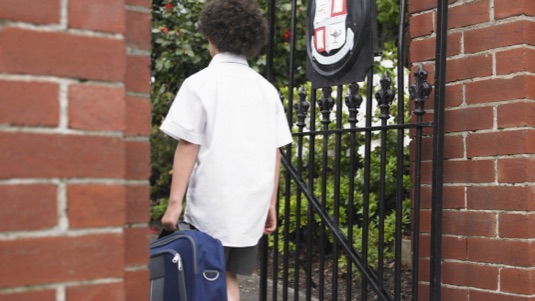
School Reintegration
6 weeks
The global pandemic, as well as prolonged time at home, has left some students struggling with the return to school. During this six week programme, we’ll support the pupil to explore the root of these difficult feelings so they can process them and begin to overcome them.

School Refusal
10 weeks
School phobia is a growing problem, with pupils struggling to cope with anxiety linked to the academic and social aspects of school life. On this pathway we’ll support the young person to explore their negative associations with school and suggest ways to reprogramme these thoughts.

Low Mood
6 weeks
Early support can help to prevent clinical depression or generalise anxiety disorder. On this pathway our counsellors will use solution-focused techniques to help the pupil explore the root of their low mood and reframe any negative thoughts.

Childhood Depression
10 weeks
On this pathway the counsellor will work with the pupil to understand their depression, including where it comes from, what the triggers are and how they can cope when they’re feeling overwhelmed.
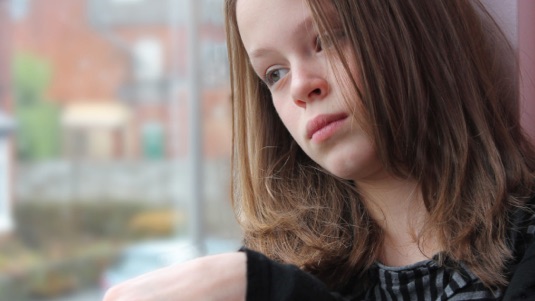
Grief or Loss
8 weeks
On this pathway our counsellor will offer the young person the space and support needed to process their loss and accept the lasting impact it will have on their life.
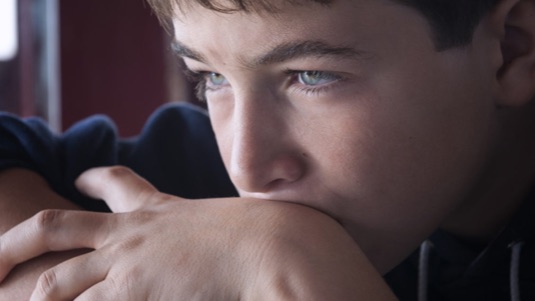
Complex Bereavement
12 weeks
On this pathway our counsellor will support the young person to regulate their emotions, as well as understand and process their grief. Their grief will feel more manageable, enabling them to re-engage with their everyday life.

Identity Issues
10 weeks
On this pathway our counsellor will support the young person to explore all aspects of their identity, helping them to understand how it impacts on their well-being.

Trauma
12 weeks
On this pathway, our counsellor will support the young person to process their trauma and help them understand its connection with their ongoing difficulties.

Social Communication
8 weeks
This course will help to identify the specific areas the young person is struggling with and explicitly support the young person to understand what they can do to better socialise with peers.

Speech Sound Delay / Disorder
10 weeks
Children who present with speech sound difficulties, maybe unintelligible, even to familiar listeners, so they require support in terms of their ability to communicate and interact with those around them, as well as requiring remediation of their specific difficulty.

Developmental Language Disorder
10 weeks
During this course, a speech and language therapist will work with the young person and will target their specific language needs.

Stammering
12 weeks
On this pathway, a speech and language therapist will work with the child to increase their knowledge of stammering and will help them to begin to accept their stammer in order to reduce any negative thought cycles.

Verbal Dyspraxia (Childhood Apraxia)
10 weeks
Treatment approaches will target speech production and focus on helping the child achieve the best intelligibility and comprehensibility possible. However, when there are concerns that oral communication is not adequate, AAC may also be used to provide functional communication.
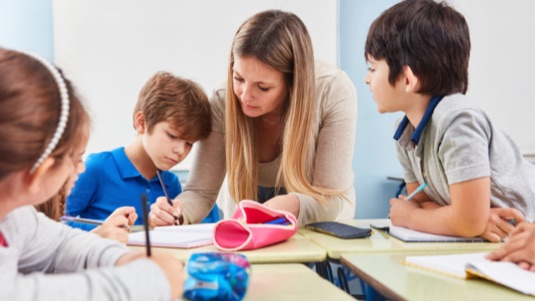
Auditory Processing
8 weeks
The overall goal of intervention is to provide the individual with the ability to communicate more effectively in everyday contexts.
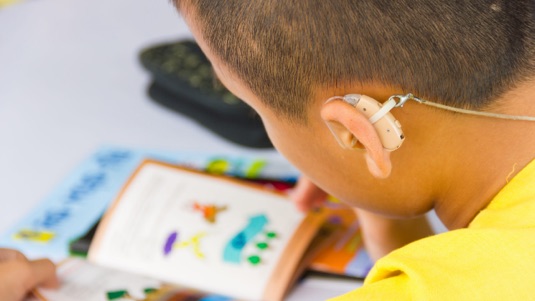
Hearing Impairment Enrichment
12 weeks
This pathway is a bespoke course of intensive speech and language therapy targeting specific goals which address a child’s functional communication needs.

